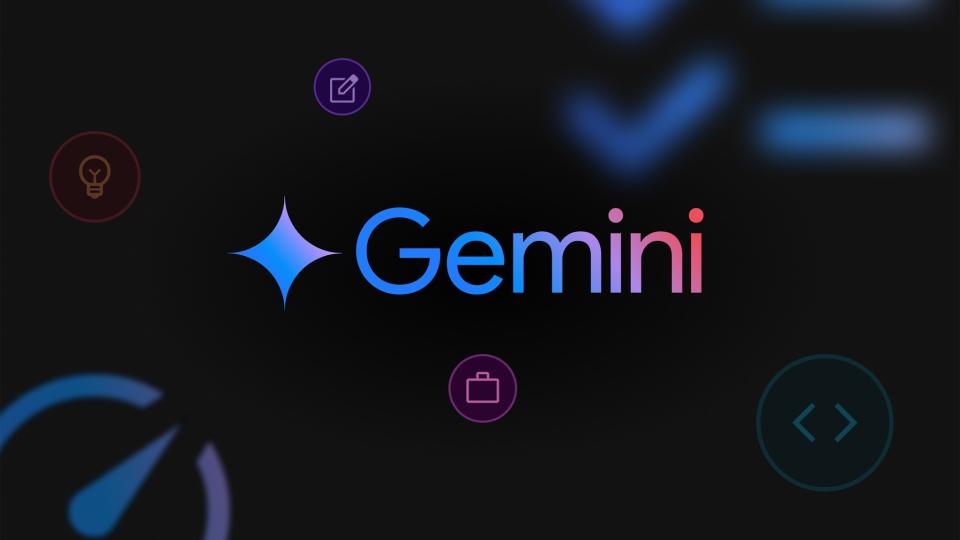Android 16’s first developer preview has unveiled an intriguing feature known as “app functions,” sparking excitement about the potential for Google Gemini AI to perform actions inside apps, rather than merely extracting data from them. This development could redefine how Android users interact with their devices and may represent a significant step forward in AI-driven mobile functionality.
According to a report by Android Authority, the Android 16 developer preview includes a new set of APIs (application programming interfaces) tied to app functions. While Google’s official description remains vague—defining an app function as “a specific piece of functionality” that can be “integrated into various system features”—the underlying code suggests that these functions could act as hooks, enabling Gemini to take command over app operations.
For example, a function labeled “orderFood” might link to an app’s food ordering feature. Once Gemini is integrated, users could potentially issue a voice command such as, “Order dinner from DoorDash,” and the AI would execute the task within the app. Google’s documentation does not explicitly reference voice assistants or provide real-world examples, but the architecture hints at a more interactive AI experience embedded deeply in Android apps.
Potential Competition with Apple
The introduction of app functions may also be Google’s response to Apple’s growing focus on AI-driven app interactions. Apple recently revealed its own “app intents” in June 2024 for iOS, iPadOS, and macOS. These intents allow Siri to interact with app actions and content, offering users a seamless way to complete tasks via Apple Intelligence. Apple’s new framework started rolling out in iOS 18.1 in October, with more capabilities expected in December.
If Google Gemini AI can replicate or surpass Apple’s approach, it could give Android users a more integrated AI experience across multiple apps, offering voice-activated controls and automated workflows without leaving the app environment.
The Evolution of AI on Android
The idea of using voice commands to control apps is not entirely new for Google. Back in 2019, the company hinted at a framework for voice-activated app instructions as part of a “new Google Assistant.” While the assistant itself evolved, the full command system never materialized.
Over the years, Google has pivoted its focus toward AI and large language models, culminating in the launch of Gemini AI. App functions may now represent the culmination of these efforts—delivering on the promise of AI-powered, app-level control that was first envisioned years ago.
What We Know About App Functions
Although details are still scarce, here’s what Android developers and users can glean from the initial preview:
-
API Integration: Developers can define specific app functions through Android 16’s new API set, potentially making their apps Gemini-ready.
-
Hooks for Gemini: Code hints suggest that app functions serve as hooks that Gemini could use to initiate tasks, automating app interactions based on user input.
-
Task Automation: While voice commands are not explicitly confirmed, labels like “orderFood” imply that users might issue spoken or typed instructions to trigger in-app processes.
-
System Feature Integration: Functions could be tied to Android system features, enabling cross-app workflows and broader automation scenarios.
For users, this means that instead of opening multiple apps and performing repetitive actions manually, AI could potentially handle complex sequences automatically, improving efficiency and convenience.
Timeline for More Information
Google is expected to reveal additional details about app functions at its I/O developer conference, likely scheduled for May 2025. This event may provide clarity on how Gemini AI will interact with third-party apps, whether voice commands will be fully supported, and how developers can implement app functions in their own applications.
The final release of Android 16 is anticipated in spring 2025, marking an earlier rollout than previous major Android versions. Google has recently adopted a two-release schedule—major updates in the spring and minor updates in the fall—making this upcoming release one of the first under the new cadence.
Implications for Developers and Users
If app functions and Gemini integration work as suggested, this feature could significantly change the Android ecosystem:
-
Enhanced User Experience: Tasks within apps could be executed seamlessly through AI, reducing manual input and streamlining workflows.
-
Developer Opportunities: Third-party developers could create apps that are more interactive and AI-ready, potentially increasing engagement and retention.
-
Cross-App Automation: AI-driven hooks may allow tasks to span multiple apps, enabling complex sequences such as ordering food, scheduling deliveries, or managing finances automatically.
-
Voice and Text Commands: Though not yet confirmed, the system may support voice or typed commands, giving users flexible options for interacting with their apps.
The potential for AI to control apps natively represents a significant step forward for Google, aligning Android with broader trends in AI-driven productivity and smart automation.
Conclusion
The Android 16 developer preview introduces a promising new feature called app functions, hinting at the ability for Gemini AI to perform tasks directly inside apps. While Google has provided limited official details, the APIs suggest hooks for automated actions, potentially rivaling Apple’s app intents.
With more information expected at Google I/O in May 2025, the tech community is eagerly awaiting clarification on how app functions will work and whether voice commands will play a central role. If successful, this innovation could transform Android app interactions, offering users unprecedented convenience and giving developers new tools to enhance app functionality.




